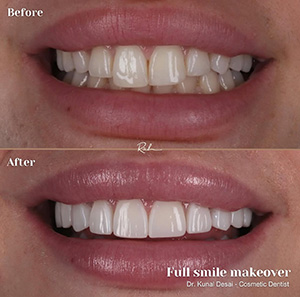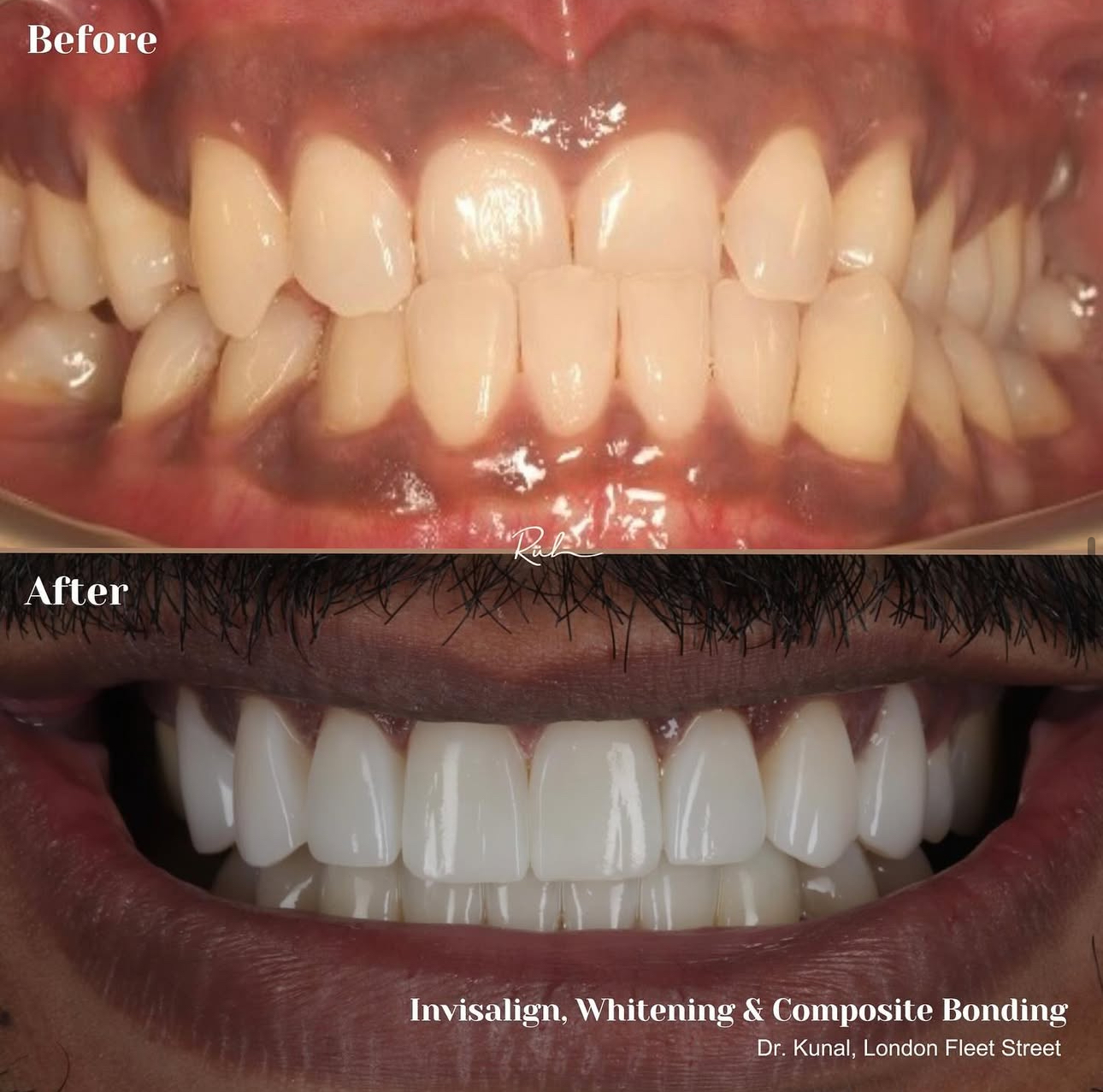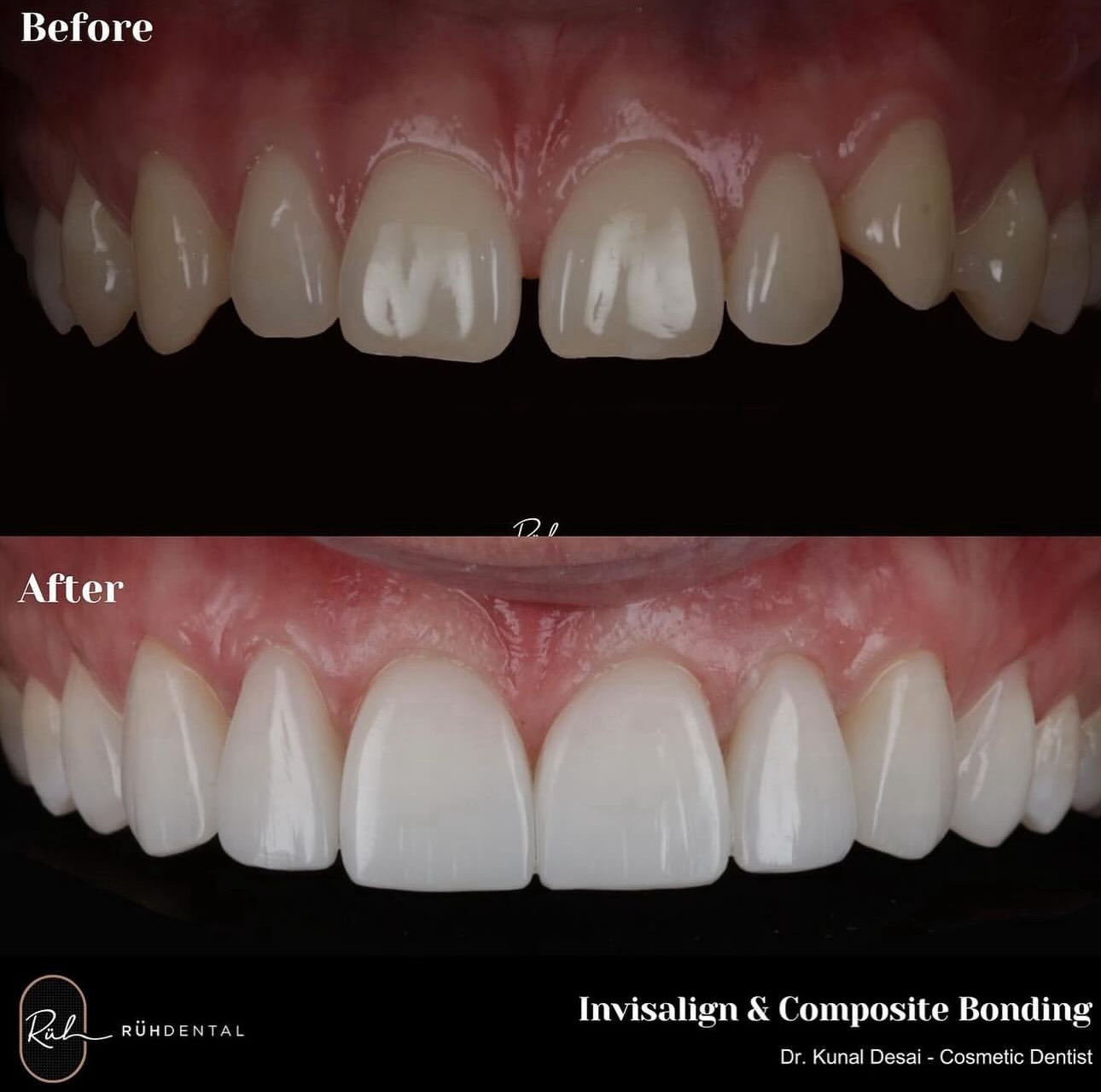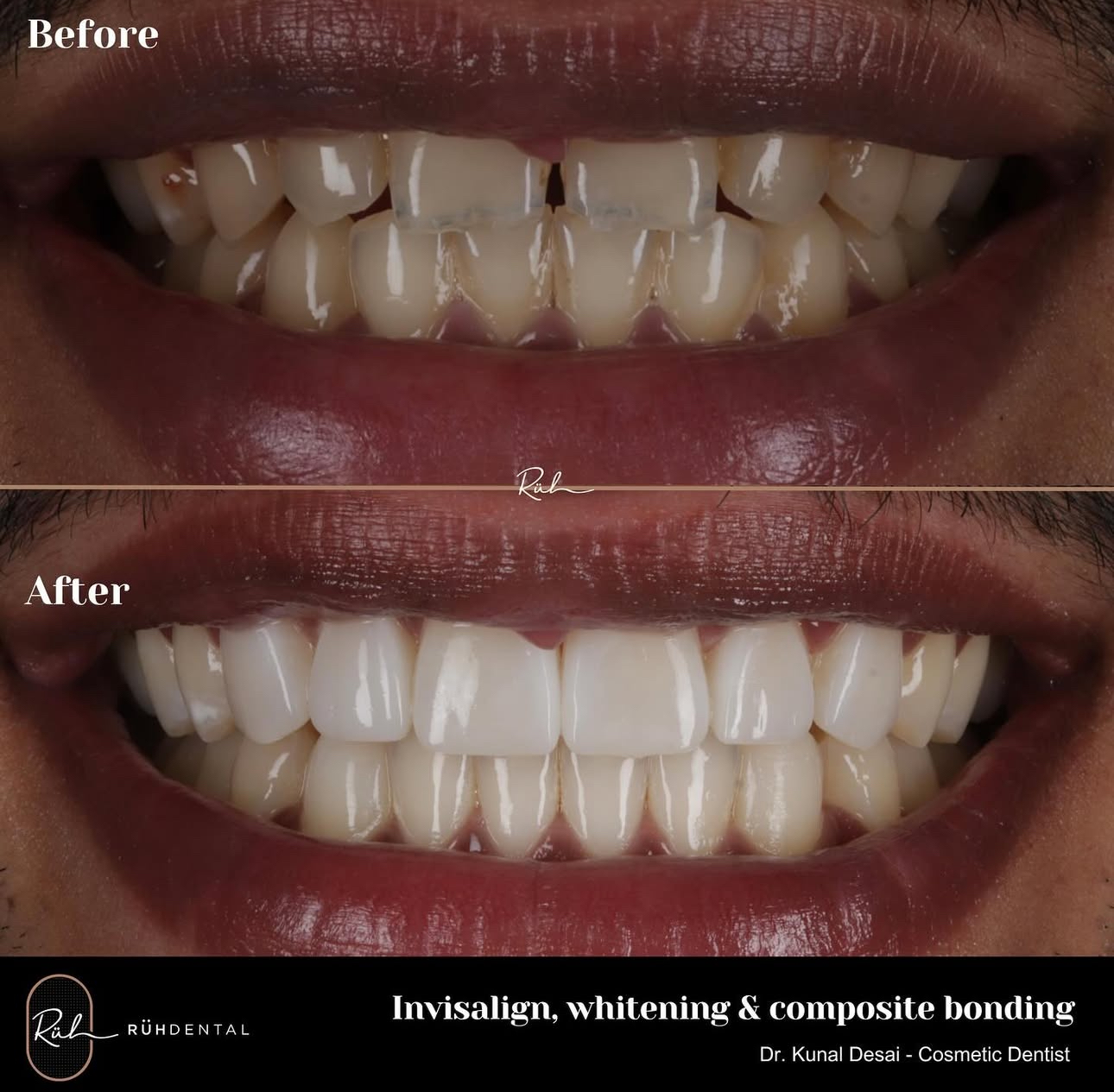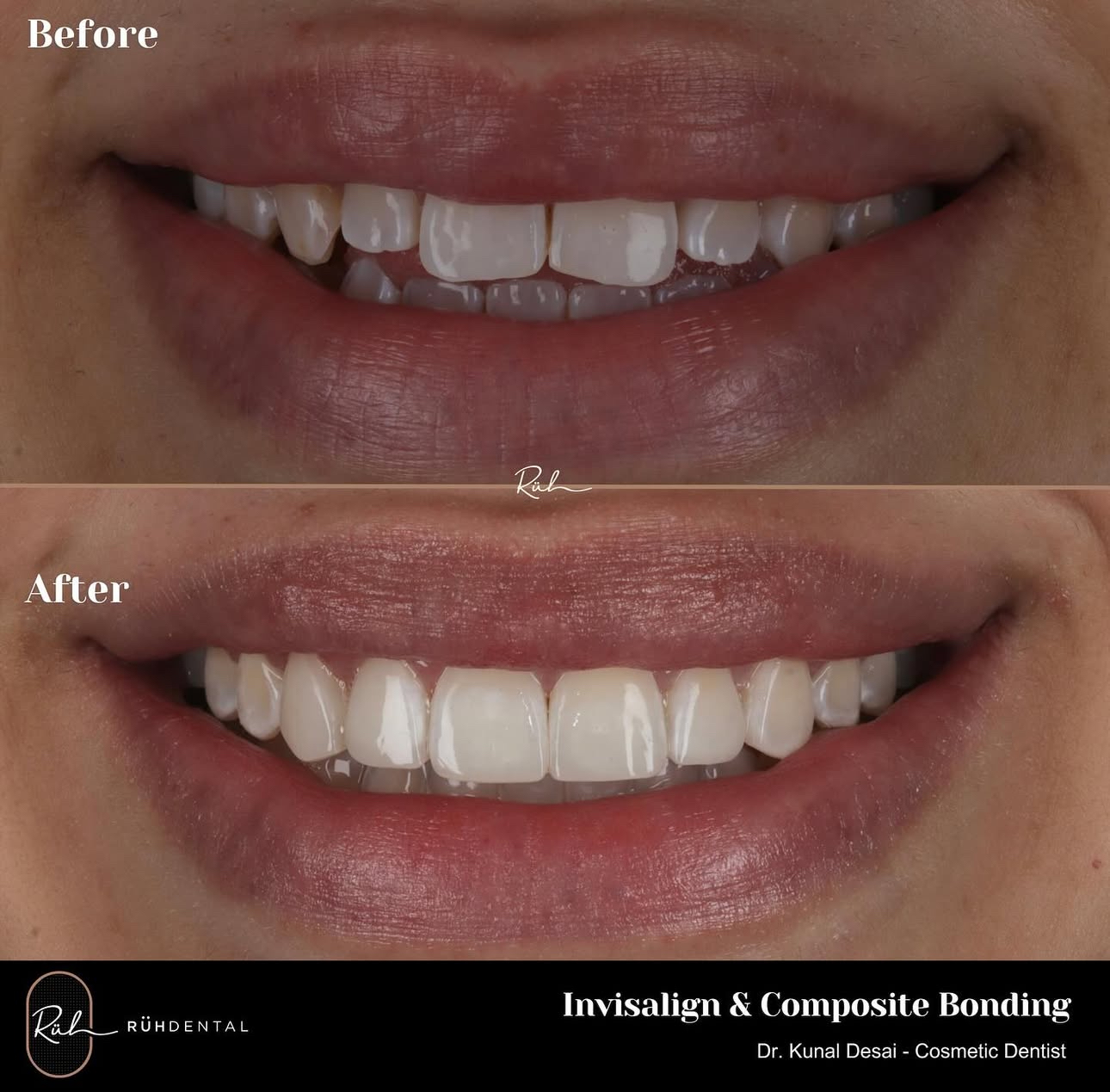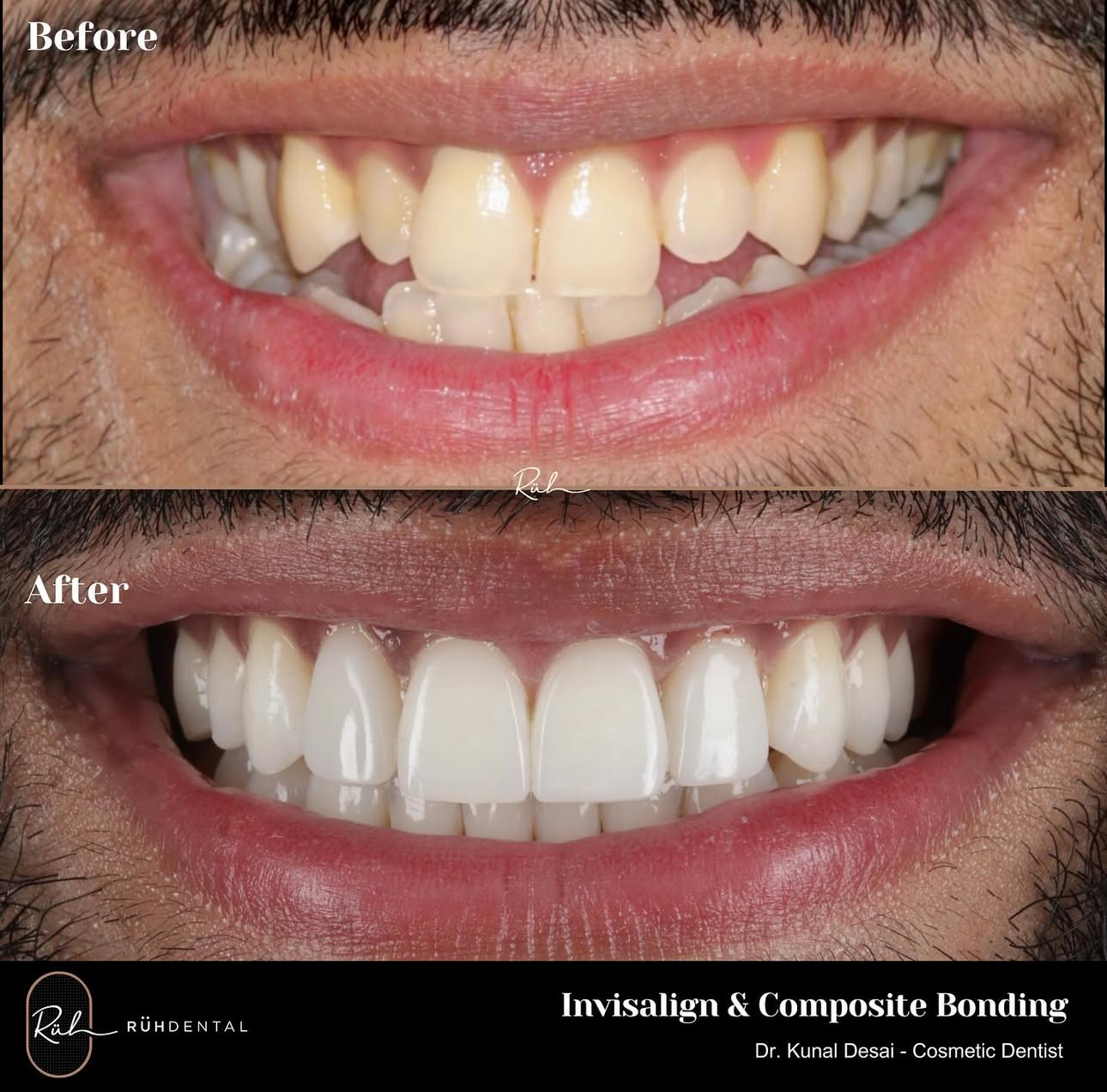At a Glance
- GDC Number
- 245146
- Qualifications
- BSc, BDS
- Languages Spoken
- English, Gujarati
- Clinics
- Fleet Street
About Dr Kunal
Kunal Desai graduated with Honours in Dentistry (BDS) from Bart’s and The London, after earning a BSc with Honours in Biology with Business Management from Queen Mary University of London. He has a special interest in restorative dentistry and has completed extensive postgraduate training, including a Certificate in Cosmetic Dentistry and Aesthetic Restorative Dentistry.
Kunal focuses on minimally invasive treatments such as Invisalign, composite bonding, and minimal-preparation veneers, enabling him to deliver beautiful results while preserving natural tooth structure. He is dedicated to providing gentle, high-quality care, with his greatest satisfaction coming from transforming patients’ confidence in their smiles and dental health.
Outside of dentistry, Kunal enjoys going to the gym and has recently developed a passion for photography.
Why Patients Choose Dr Kunal Desai
- Thousands of Invisalign cases completed,
- Expert in composite bonding smile makeovers,
- Expert in minimally invasive and natural smile makeovers





